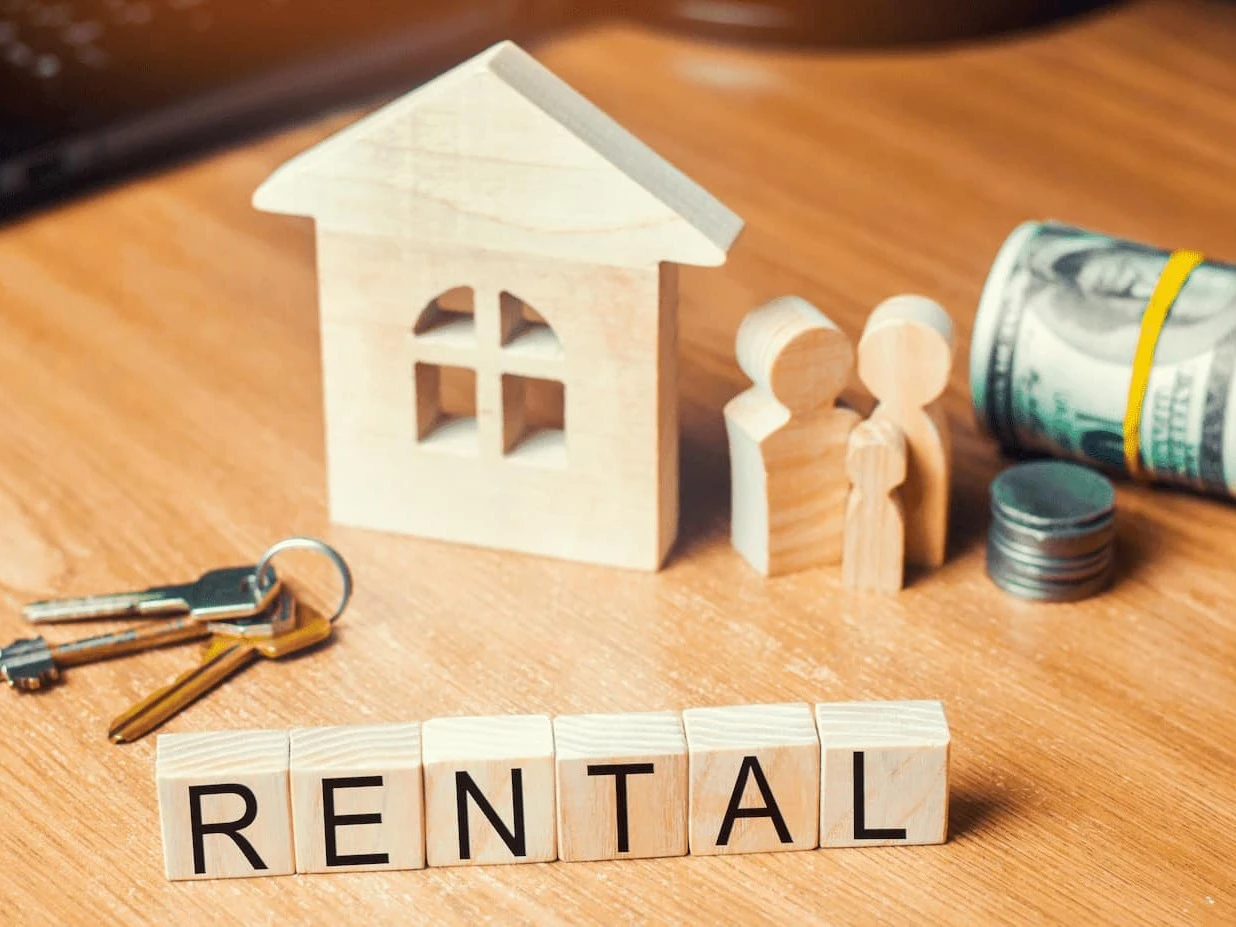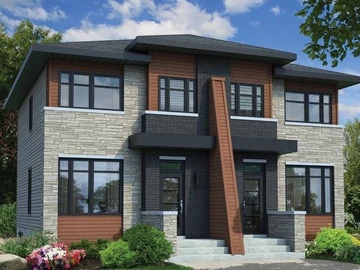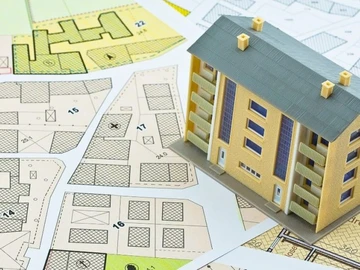Investing in rental properties has long been a foundational strategy for building wealth and generating passive income in Zimbabwe. With the potential for stable returns and property appreciation, it remains an attractive option for many local investors. However, like any investment, it comes with its own unique set of risks and rewards. Understanding these thoroughly is crucial for Zimbabwean investors to make informed decisions and optimise their real estate portfolios.
The Rewards of Investing in Rental Properties in Zimbabwe
Steady Income Stream (Cash Flow):
- Primary Benefit: Rental payments from tenants offer a regular and predictable cash flow.
- Financial Utility: This income can help cover mortgage payments, property taxes (rates), maintenance costs, and potentially yield a consistent profit.
- Zimbabwean Context: Consistent rental income in USD can be a significant advantage, providing stability in a dynamic economic environment.
Property Appreciation:
- Long-Term Growth: Over time, real estate in desirable Zimbabwean locations (e.g., specific suburbs in Harare, Bulawayo, or burgeoning towns) tends to appreciate in value.
- Equity Gains: This appreciation can lead to substantial equity gains, increasing the investor's net worth.
- Market Dynamics: Areas experiencing infrastructure development or high demand often see significant value increases.
Tax Benefits:
- Potential Deductions: Zimbabwean real estate investors can potentially benefit from various tax deductions.
- Examples: These might include mortgage interest, property taxes (rates), operating expenses, and depreciation (consult with a local tax advisor for specific applicability and current regulations from ZIMRA).
- Impact: These deductions can reduce taxable income, thereby increasing the overall return on investment.
Inflation Hedge:
- Protection: Rental properties serve as a strong hedge against inflation in Zimbabwe.
- Income Adjustment: As the cost of living rises, rental income typically increases, preserving the purchasing power of the generated income.
- Capital Protection: Property values generally tend to increase with inflation, protecting the investor's capital from currency depreciation.
Direct Control Over Investment:
- Autonomy: Unlike other investment vehicles like stocks, investors have direct control over their rental properties.
- Decision-Making: You can make key decisions regarding property management, rental rates, and improvements, directly influencing the investment's performance and value.
The Risks of Investing in Rental Properties in Zimbabwe
Vacancy Rates:
- Significant Risk: Periods without tenants can severely impact cash flow, making it difficult to cover ongoing expenses like mortgage payments and rates.
- Mitigation: Effective property management, proactive marketing, and competitive pricing are essential to minimise vacancies.
Maintenance and Repairs:
- Ongoing Costs: Rental properties require continuous maintenance and can incur costly, time-consuming repairs (e.g., plumbing issues, roof replacements).
- Financial Planning: Proper budgeting and establishing a dedicated reserve fund are crucial for managing these unexpected expenses.
- Local Factor: Availability and cost of skilled labour and building materials can be a consideration in Zimbabwe.
Tenant Issues:
- Challenges: Dealing with tenants can present various challenges, including late payments, property damage, and the need for eviction processes.
- Risk Mitigation: Thorough tenant screening, robust background checks, and clear, legally sound lease agreements are vital in Zimbabwe to mitigate these risks.
Market Volatility:
- Economic Impact: Real estate markets in Zimbabwe can be influenced by economic fluctuations.
- Potential Downturns: During recessions or periods of economic instability, property values can decline, potentially leading to negative equity or difficulties in selling.
- Interest Rates: Fluctuations in lending interest rates can directly impact mortgage repayments and investor profitability.
Regulatory Changes:
- Impact on Profitability: Changes in local laws and regulations, such as rent control measures (though less common currently in Zimbabwe than some other countries) or changes in property tax structures, can affect rental property profitability.
- Stay Informed: It is crucial for investors to stay informed about local government policies and changes through property associations or legal counsel.
High Entry and Exit Costs:
- Upfront Costs: Purchasing rental properties involves significant upfront expenses, including deposits, transfer costs (conveyancing fees, transfer duty), stamp duty, and potential renovation expenses.
- Selling Costs: Selling a property also incurs costs such as agent commissions, capital gains tax, and legal fees.
- Impact: These substantial costs can affect the overall return on investment.
Short-Term vs. Long-Term Letting in Zimbabwe
Investors in Zimbabwe face a crucial decision: short-term or long-term letting. Each option has distinct advantages and disadvantages.
Short-Term Letting (e.g., through Airbnb, guest houses)
Pros:
- Higher Rental Yields: Can command higher nightly rates, maximizing income, especially in tourist or business hubs like Harare, Victoria Falls, or Nyanga.
- Flexibility: Allows personal use of the property and adaptability to market conditions.
- Property Maintenance: Guests are generally less likely to cause significant wear and tear compared to long-term tenants.
Cons:
- Higher Turnover: Requires frequent guest changes, leading to increased management, cleaning, and marketing costs.
- Seasonal Demand: Demand can fluctuate significantly with tourism seasons or business travel trends, impacting occupancy and income.
- Regulatory Challenges: May be subject to local licensing, zoning laws, and specific tourism regulations.
Long-Term Letting (e.g., fixed-term leases)
Pros:
- Stable Rental Income: Provides a consistent cash flow, reducing vacancy risks.
- Reduced Turnover: Tenants generally stay for extended periods, minimizing turnover costs.
- Lower Management Overhead: Requires less intensive day-to-day management compared to short-term letting.
Cons:
- Lower Rental Yields: Typically commands lower monthly rates than nightly short-term rentals.
- Limited Flexibility: Restricts personal use and quick changes to the letting arrangement.
- Tenant Issues: Potential for late payments, property damage, and more complex eviction processes, requiring proactive management and legal action.
Balancing Risks and Rewards for Success
To succeed in rental property investment in Zimbabwe, a balanced approach is essential:
- Market Research: Conduct thorough research into local rental demand, property values, and economic forecasts for specific areas.
- Property Evaluation: Carefully evaluate properties, considering location, condition, and potential for appreciation and rental income.
- Diversification: Consider diversifying investments across different property types or locations to mitigate risks.
Effective Property Management:
- Tenant Selection: Implement stringent tenant screening processes.
- Maintenance: Maintain high standards for property upkeep.
- Financial Management: Ensure robust financial planning, including reserve funds.
- Professional Help: Consider hiring a reputable property management company to handle day-to-day operations, especially for multiple properties.
While investing in rental properties offers numerous potential rewards, it is not without its risks. By carefully considering these factors and adopting sound investment and management practices, investors in Zimbabwe can significantly optimise their chances of success in the dynamic rental property market.
 Continue with Facebook
Continue with Facebook
 Continue with Email
Continue with Email














